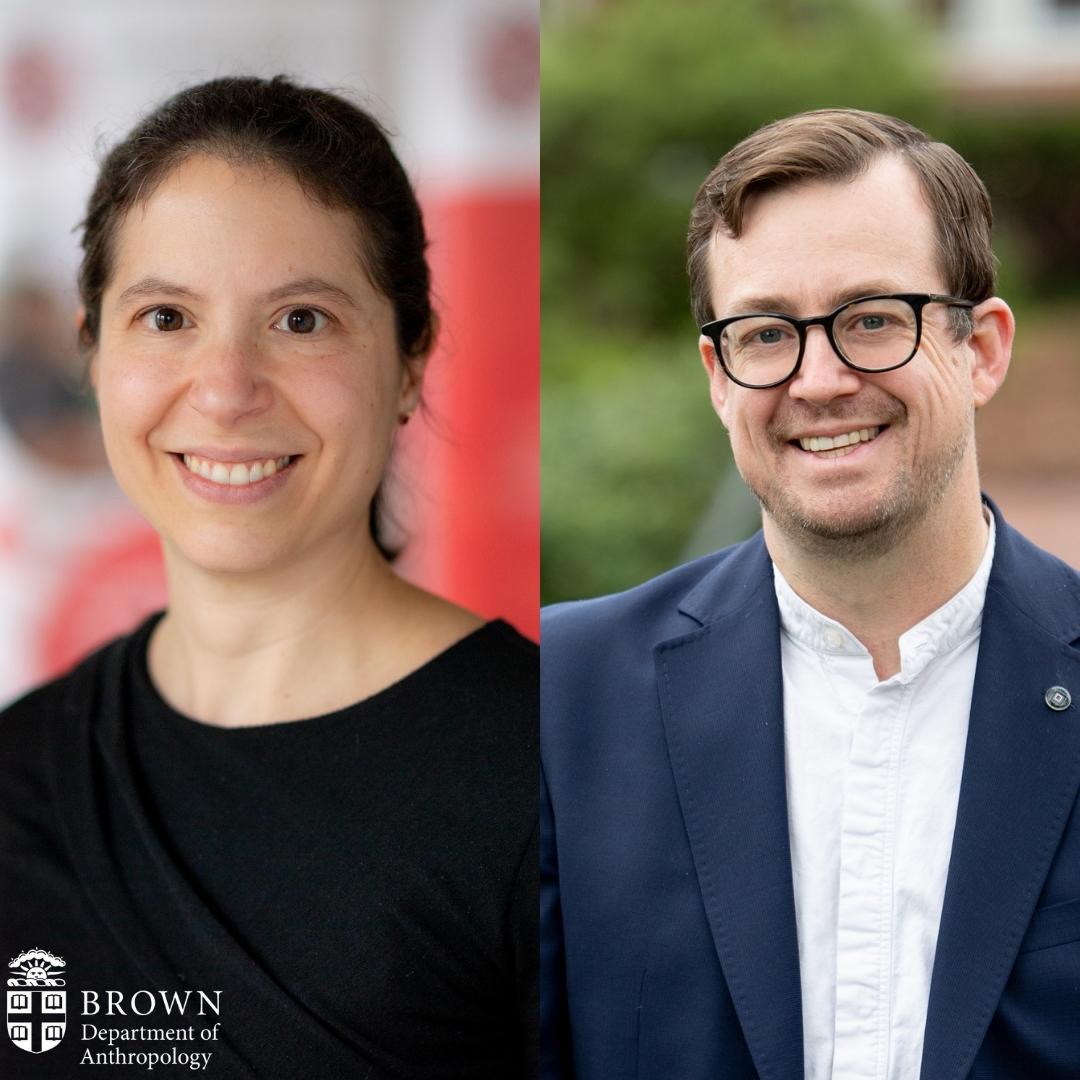 Parker VanValkenburgh is an archaeologist and historical anthropologist who studies colonialism and Indigenous resilience, with a particular focus on the Peruvian Andes during the Spanish colonial and Inka periods. His work draws extensively on digital methods, Geographic Information Systems (GIS), and spatial analysis. Among other work, he is the author of the book Alluvium and Empire, published by the University of Arizona Press, which focuses on the human and environmental legacies of one of the largest waves of forced resettlement in human history, the Reducción General. His projects have received funding from a wide range of sources, including the NEH, NSF, ACLS and National Geographic –– for archaeological research in Peru, a collaborative digital archaeology platform called GeoPACHA, and Mapping Historical Trauma in Tulsa. He is an award-winning teacher, receiving the William G. McLoughlin Teaching Award for Excellence in Teaching in the Social Sciences (2021). His course offerings include an introduction to anthropological archaeology; training in GIS, spatial analysis, and critical cartography; the archaeology and history of South America; and the anthropology of space and landscape.
Parker VanValkenburgh is an archaeologist and historical anthropologist who studies colonialism and Indigenous resilience, with a particular focus on the Peruvian Andes during the Spanish colonial and Inka periods. His work draws extensively on digital methods, Geographic Information Systems (GIS), and spatial analysis. Among other work, he is the author of the book Alluvium and Empire, published by the University of Arizona Press, which focuses on the human and environmental legacies of one of the largest waves of forced resettlement in human history, the Reducción General. His projects have received funding from a wide range of sources, including the NEH, NSF, ACLS and National Geographic –– for archaeological research in Peru, a collaborative digital archaeology platform called GeoPACHA, and Mapping Historical Trauma in Tulsa. He is an award-winning teacher, receiving the William G. McLoughlin Teaching Award for Excellence in Teaching in the Social Sciences (2021). His course offerings include an introduction to anthropological archaeology; training in GIS, spatial analysis, and critical cartography; the archaeology and history of South America; and the anthropology of space and landscape.
Katherine Mason, a medical anthropologist, is the author of Infectious Change: Reinventing Chinese Public Health after an Epidemic, published by Stanford University Press. It examines how China’s 2003 SARS epidemic led to a reinvention of China’s public health system. It won the 2019 Foundation for Sociology and Health Book Prize awarded by the British Sociological Association. Because of her research on the SARS epidemic in China, Mason was sought after as an expert commentator on Covid-19. She also launched, with collaborator Sarah Willen, the ambitious and far-reaching Pandemic Journaling Project, collecting weekly journal entries about people’s experiences of COVID-19, which continues to generate material for research projects, including an NSF-funded project tracing the impact of the pandemic on first-generation college students. She has also carried out ethnographic research on postpartum depression in China and the U.S. She is an award-winning teacher, receiving the William G. McLoughlin Teaching Award for Excellence in Teaching in the Social Sciences (2022). She teaches a large introduction to medical anthropology and several smaller seminar courses on bioethics, reproduction, mental health, and epidemics.
We are tremendously fortunate to count these two phenomenal scholars and generous colleagues as part of our community, and look forward to learning from them for many years to come!